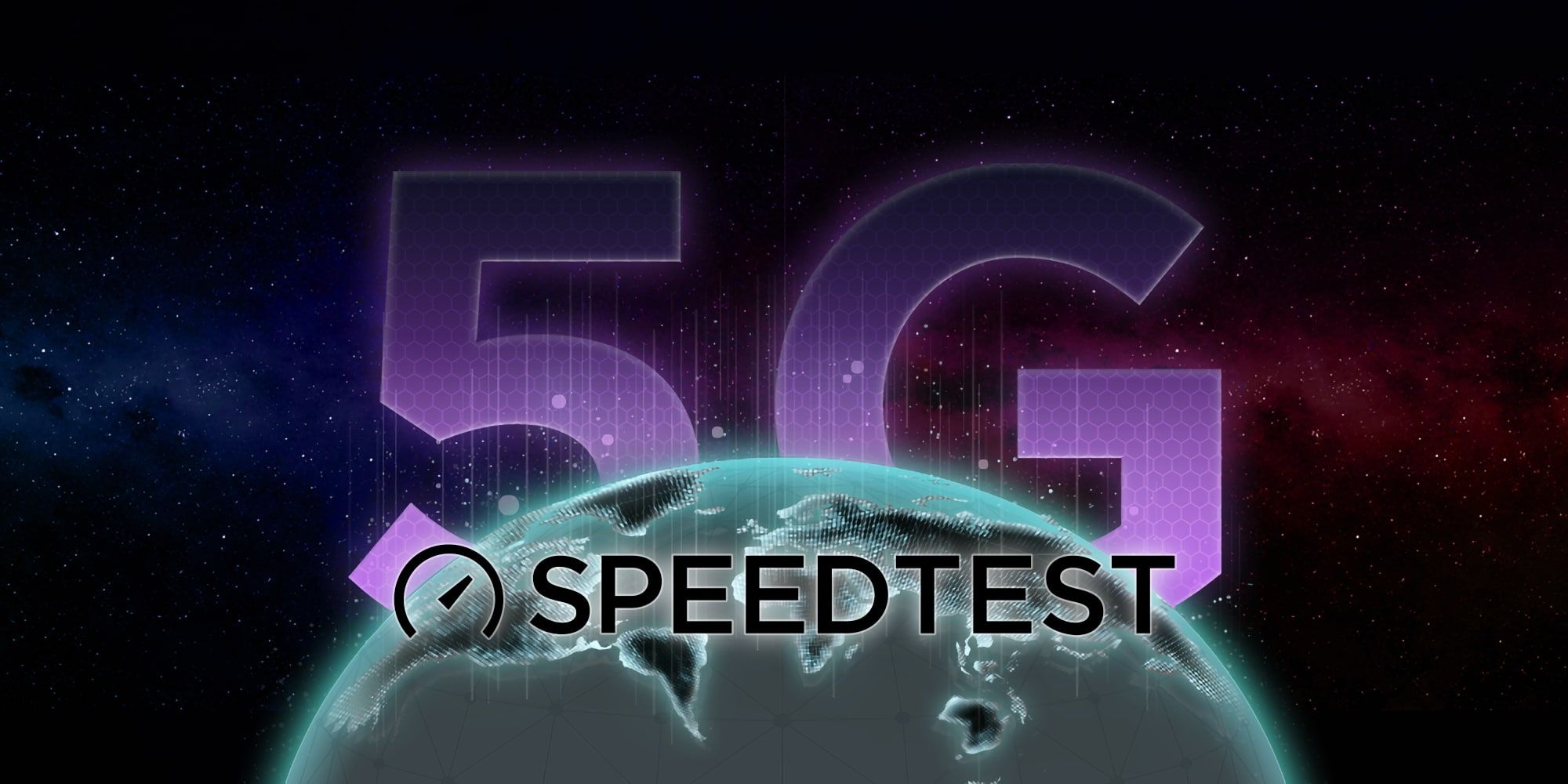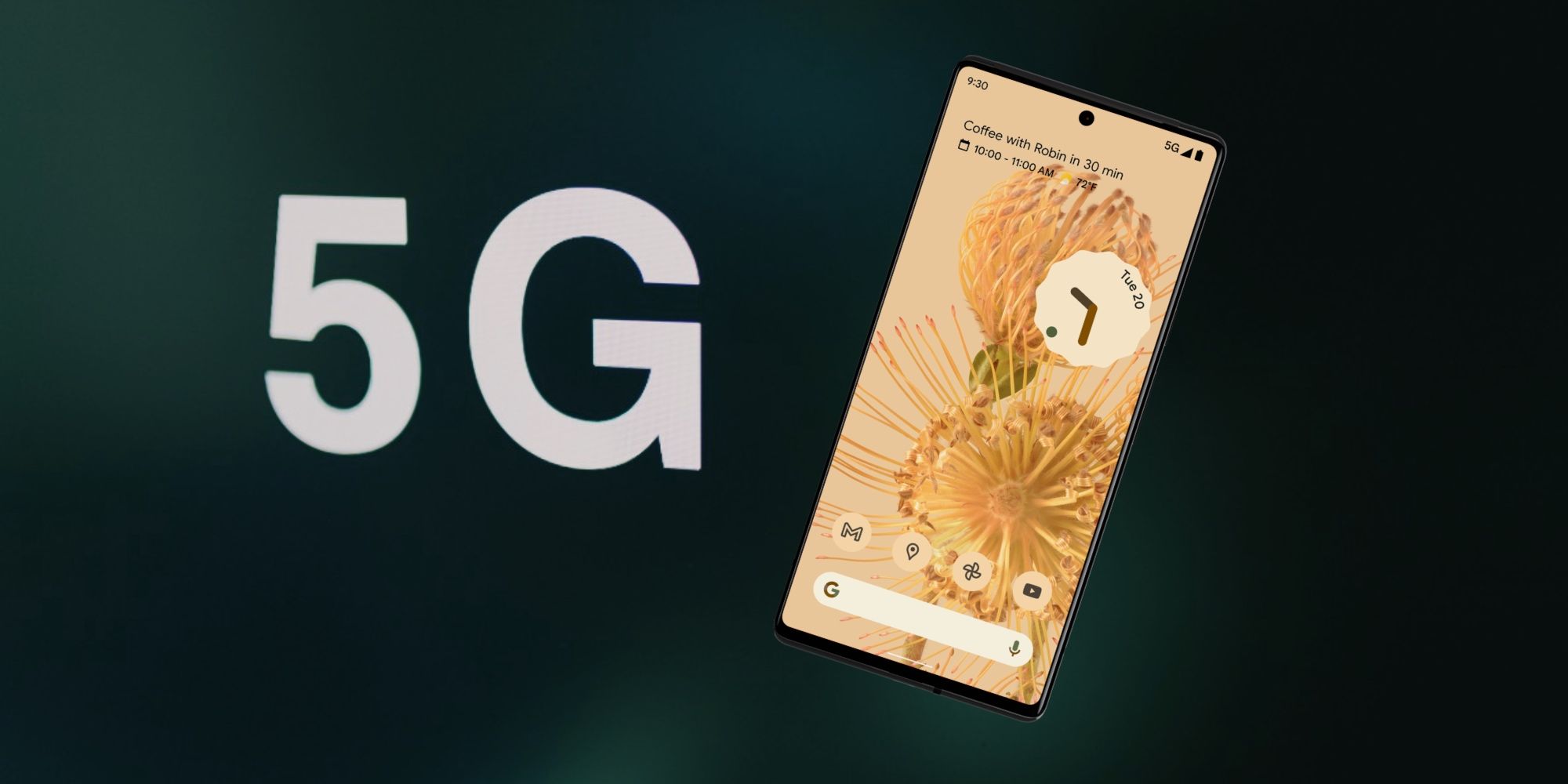While every 5G carrier would like customers to believe they are the best, there can be only one and Ookla tested the top networks and shared the results. Ookla is the developer of the very popular Speedtest internet connectivity benchmarking app and website. The website is great for home internet, while the iPhone and Android apps make it easy to check the upload and download speed as well as latency on mobile networks.
There was an interesting change to the fourth-quarter Speedtest results shared by Ookla that make them even more useful to individuals, showing median results instead of a computed score based in part on averages. The average 5G score can be skewed by a relatively small number of super-high scores that come from mmWave connections, while the median is simply the value that is directly in the middle and more accurately represents what an average user can expect.
Ookla's Speedtest results for the fourth quarter of 2021 show a significant increase in mobile internet download speeds compared to earlier in the year, moving from just over 40 megabits-per-second to more than 50. T-Mobile took the lead in the first quarter of 2021 and held on throughout the year. The fourth-quarter results revealed that 5G download speeds on the T-Mobile network were more than double that of other carriers, a median of 187 megabits-per-second versus 79 for Verizon and 69 for AT&T. This is the reason the delayed rollout of 5G C-Band hits Verizon and AT&T hardest.
More Speedtest 5G Findings
The Speedtest results show that T-Mobile has the fastest 5G download speeds, more than double Verizon and AT&T, but upload speed is also very important since that affects live-streaming quality and how long it takes to upload photos and videos to social media. T-Mobile's 5G upload speed also scored the highest across 41 states and the District of Columbia. Latency is a measure of responsiveness, something important when gaming or any time real-time results are needed. T-Mobile won in this category as well, but only 3 milliseconds separated the top three carriers.
Phone connectivity was surprisingly close between Apple and Google. While most assumed Google's Tensor chip would fall behind the more mature technology of Qualcomm's X60 modem, test results were within the margin of error for upload and download speed as well as latency. In a bit of a surprise, the Snapdragon 888, which has an integrated X60 modem, had a slightly slower median. That means Google's Pixel 6 series matched the iPhone 13, and Samsung's latest Galaxy S and Z series phones kept close in 5G performance.
Source: Ookla


